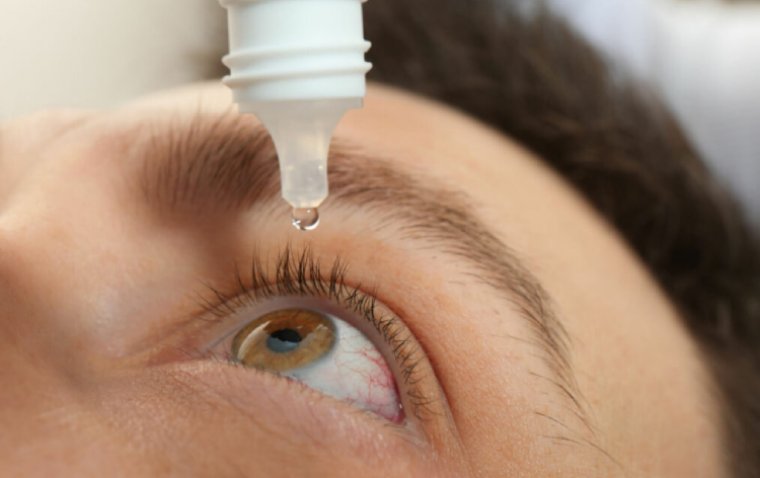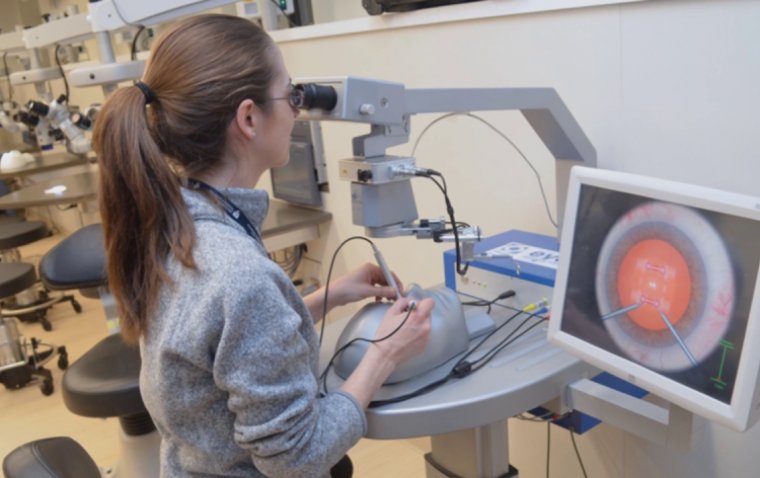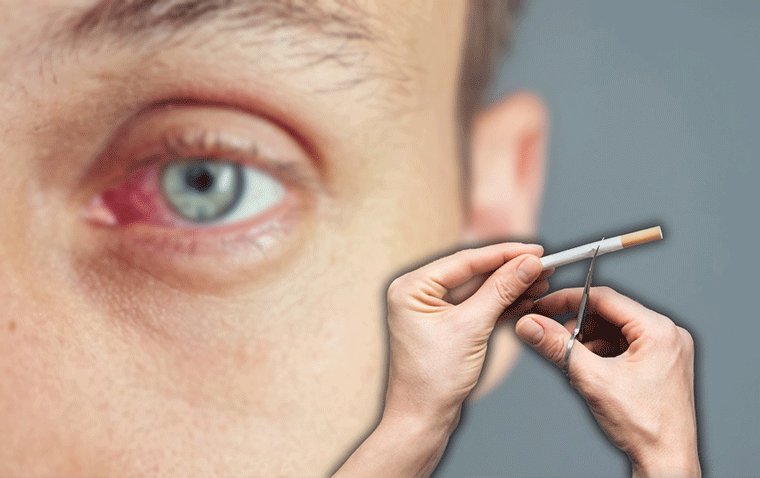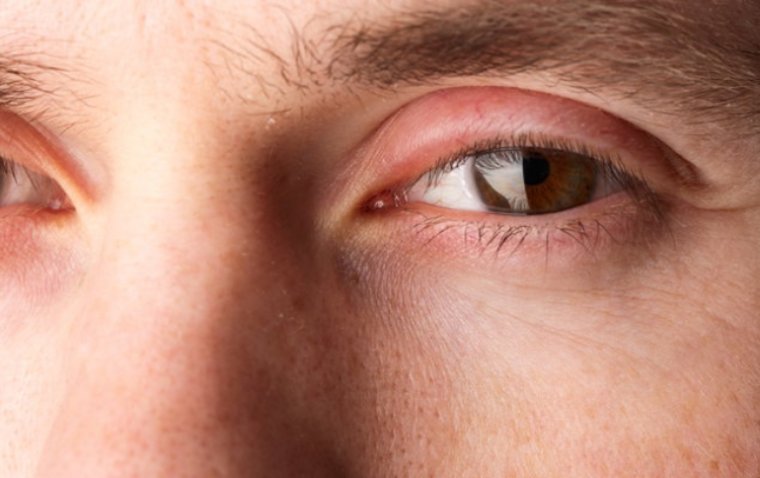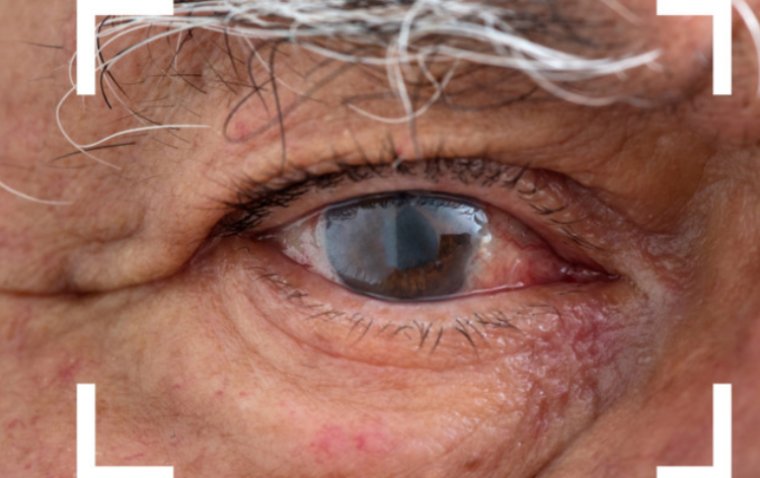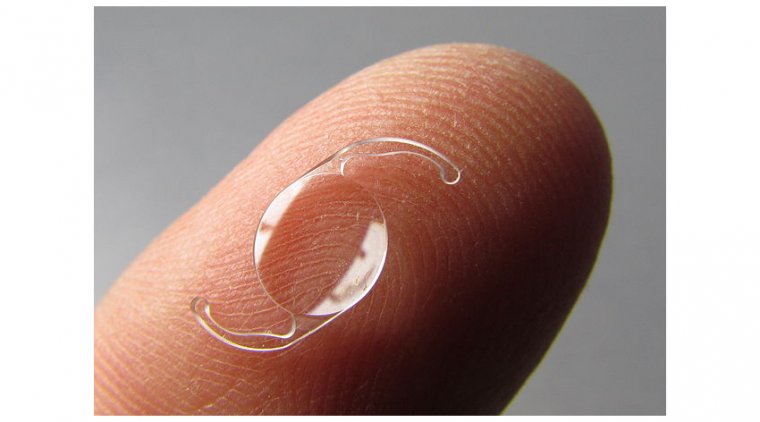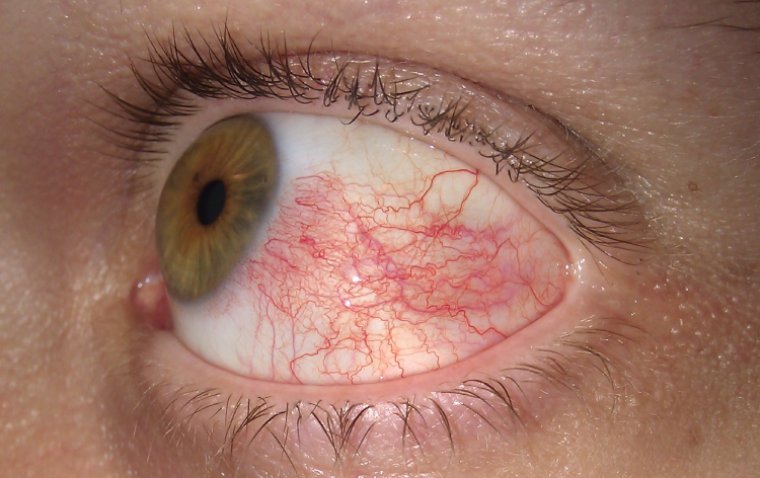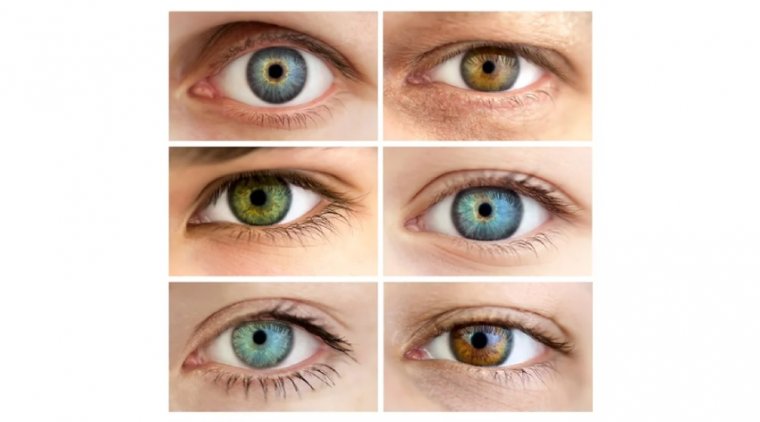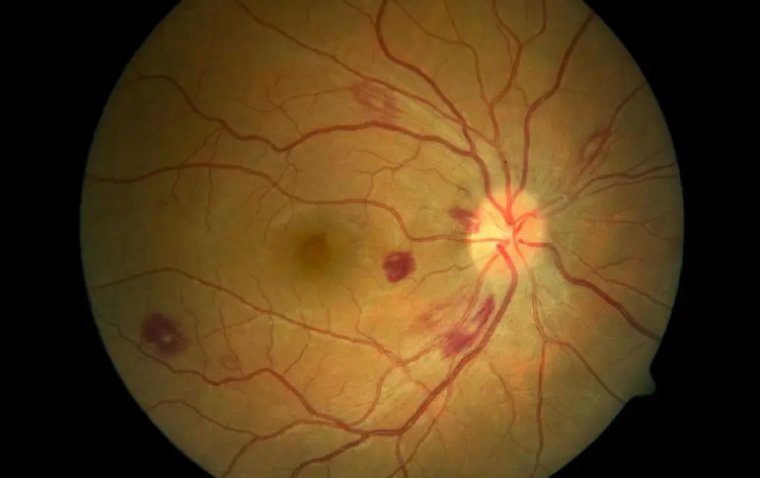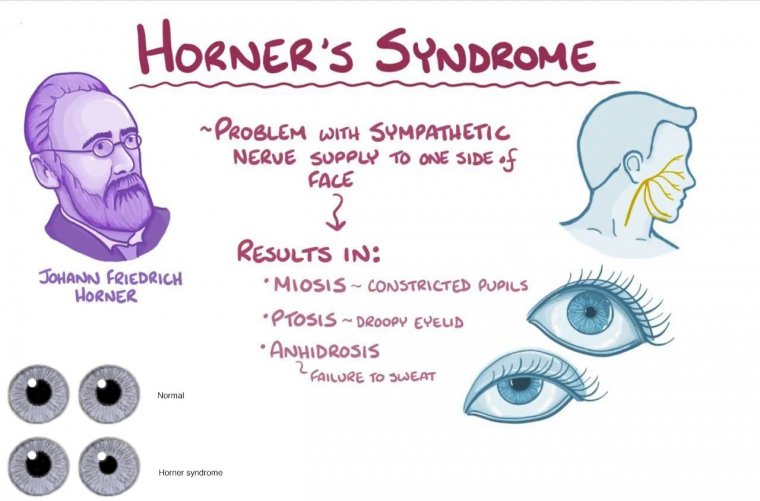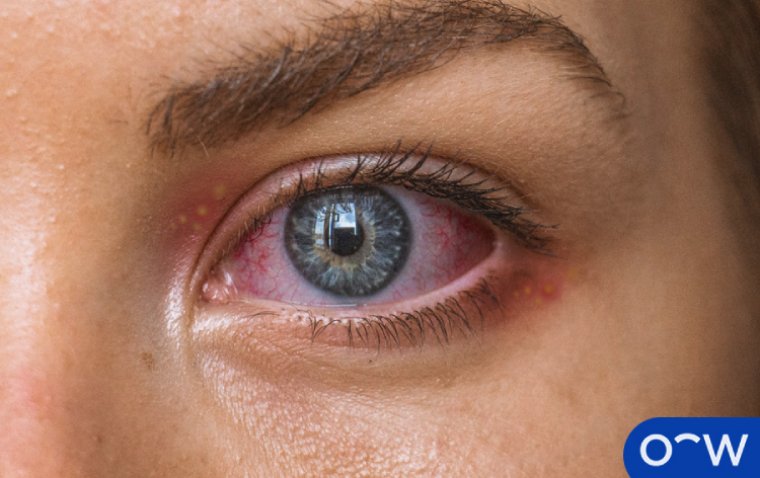
Ocular Herpes: A Closer Look at Recurrent Eye Infections
What Is Ocular Herpes?
Ocular herpes is an eye infection caused by the herpes simplex virus, the same virus responsible for cold sores. This condition can manifest in various forms, affecting different parts of the eye including the eyelids, cornea, and even the retina in severe cases. The prevalence of ocular herpes varies, but it is considered one of the leading causes of corneal blindness in the United States. Given its ability to recur and its potential for serious complications, understanding ocular herpes is crucial for anyone affected or at risk.
How Do You Get Ocular Herpes?
Ocular herpes is predominantly caused by the herpes simplex virus (HSV), which comes in two main types: HSV-1 and HSV-2. While HSV-1 is more commonly associated with oral herpes and ocular herpes, HSV-2 is more often linked with genital herpes. However, both types can cause eye infections. The virus is typically transmitted through direct contact with an infected person's saliva, skin, or mucous membranes. The eye can become infected when touched with contaminated fingers or through exposure to infected respiratory droplets, as might occur through sneezing or coughing.
Risk factors for developing ocular herpes include having a history of cold sores or a prior eye injury. Immune-compromised individuals are also at higher risk. Another significant factor is eye surgery, as surgical procedures may expose the eye to the virus or reactivate a dormant virus. Additionally, the use of contact lenses can be a contributing factor, particularly if the lenses are not properly cleaned or if they are shared between individuals. Overall, awareness of these risk factors and modes of transmission is crucial for both prevention and early treatment.
Ocular Herpes Symptoms
Ocular herpes presents with a range of symptoms that may vary in severity. Common symptoms include redness and inflammation of the eye, tearing, a gritty feeling in the eye, and sensitivity to light. Pain or discomfort is also often reported, and in some cases, there might be a visible sore on the cornea. The symptoms can affect one or both eyes.
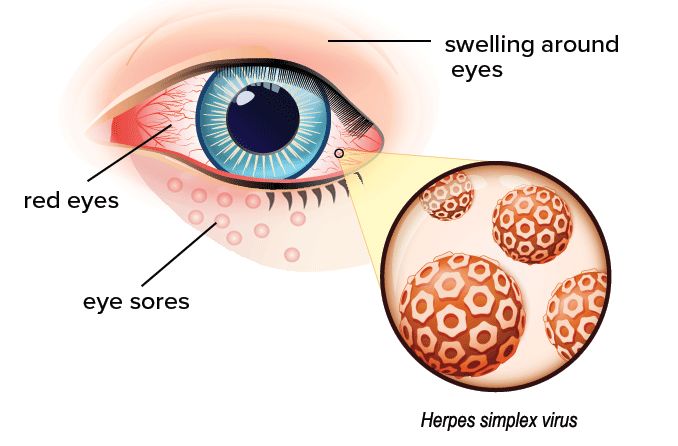
Primary outbreaks may be more severe and are often associated with systemic symptoms like fever and swollen lymph nodes. Recurrent outbreaks, although generally less severe, can still cause significant discomfort and may target the same or different areas of the eye. It's worth noting that not everyone with ocular herpes will have noticeable symptoms during a recurrence, making regular eye check-ups important for those with a history of the condition.
If left untreated, ocular herpes can lead to serious complications, including scarring of the cornea and vision loss. In extreme cases, untreated ocular herpes can result in blindness. Additional complications may include the spread of the infection to other parts of the eye or even the brain, though this is rare. Infections of the cornea can be particularly dangerous, potentially leading to a condition known as herpes stromal keratitis, which is a leading cause of corneal scarring and vision impairment. Therefore, early diagnosis and treatment are crucial to prevent these complications.
Diagnosis and Medical Evaluation
To diagnose ocular herpes, a comprehensive evaluation is generally performed by an ophthalmologist, a medical doctor specialized in the diagnosis and treatment of eye disorders. The process often begins with a clinical examination that takes into account the patient's medical history and symptoms.
1. Slit Lamp Examination: This involves using a specialized microscope to examine the structures of the eye in detail.
2. Fluorescein Staining: A dye may be used to make corneal abrasions more visible.
3. Swab Testing: In some cases, a swab sample from the affected eye may be taken to test for the presence of the herpes simplex virus.
4. Polymerase Chain Reaction (PCR): This test amplifies the DNA of the virus, providing a definitive diagnosis if herpes simplex DNA is detected.
Treatment Options for Ocular Herpes
Early and appropriate treatment is essential for better outcomes in managing ocular herpes. Treatment aims to control the infection and reduce the risk of complications, such as scarring or vision loss.
Antiviral Medications:
● Topical antiviral medications like trifluridine may be prescribed as eye drops to reduce the viral load on the corneal surface.
● Oral antiviral medications like acyclovir or valacyclovir are also commonly prescribed to manage systemic infection and can be particularly effective in recurrent cases.
Steroid Eye Drops:
● These may be used cautiously and under strict medical supervision to reduce inflammation and prevent scarring. It's crucial to note that steroids should only be used in specific cases, as they can worsen the viral infection if not carefully managed.
Other Supportive Therapies:
● Artificial tears may be suggested for symptomatic relief from dryness or irritation.
● In severe cases or if complications arise, surgical interventions like corneal transplantation may be considered.
How to Prevent Ocular Herpes
Prevention is a crucial aspect of managing ocular herpes, as recurrences can be severe and lead to complications like vision loss. Here are some preventive measures to consider:
Hand and Eye Hygiene:
● Always wash your hands thoroughly with soap and water, especially after touching the face or eyes. Avoid touching or rubbing your eyes, particularly if you've been in contact with someone who has herpes or other contagious conditions.
Avoiding Close Contact with Individuals with Oral Herpes:
● Avoid direct contact, such as kissing, with someone who has a herpes outbreak like a cold sore. The virus can easily be transferred from the mouth to the eye, causing ocular herpes.
Safe Sexual Practices:
● Use of condoms can help reduce the risk of spreading herpes simplex virus type 2 (HSV-2), which can occasionally cause ocular herpes, though it's less common than HSV-1. Be aware of your partner’s herpes status, and take appropriate precautions to protect your eyes during sexual activity, particularly oral sex.
Summary
Ocular herpes is a serious eye condition caused primarily by the herpes simplex virus types 1 and 2. The condition is relatively prevalent and poses a significant risk to eye health, potentially leading to severe complications if left untreated. Symptoms can range from eye irritation and redness to more severe issues, including vision loss in extreme cases. The role of ophthalmologists is vital in the diagnosis and treatment of ocular herpes, employing tests and procedures to accurately diagnose the condition. Treatment usually involves antiviral medications, potentially supplemented by steroid eye drops and other supportive therapies.
If you experience symptoms consistent with ocular herpes, it's crucial to seek professional medical advice promptly for proper diagnosis and effective treatment. Early intervention greatly improves the chances of successful treatment and the prevention of further complications.
Prevention remains an essential aspect of managing this condition. Observing good hand and eye hygiene, avoiding close contact with individuals having oral herpes, and practicing safe sexual practices can all contribute to risk reduction.
(1).jpg)
